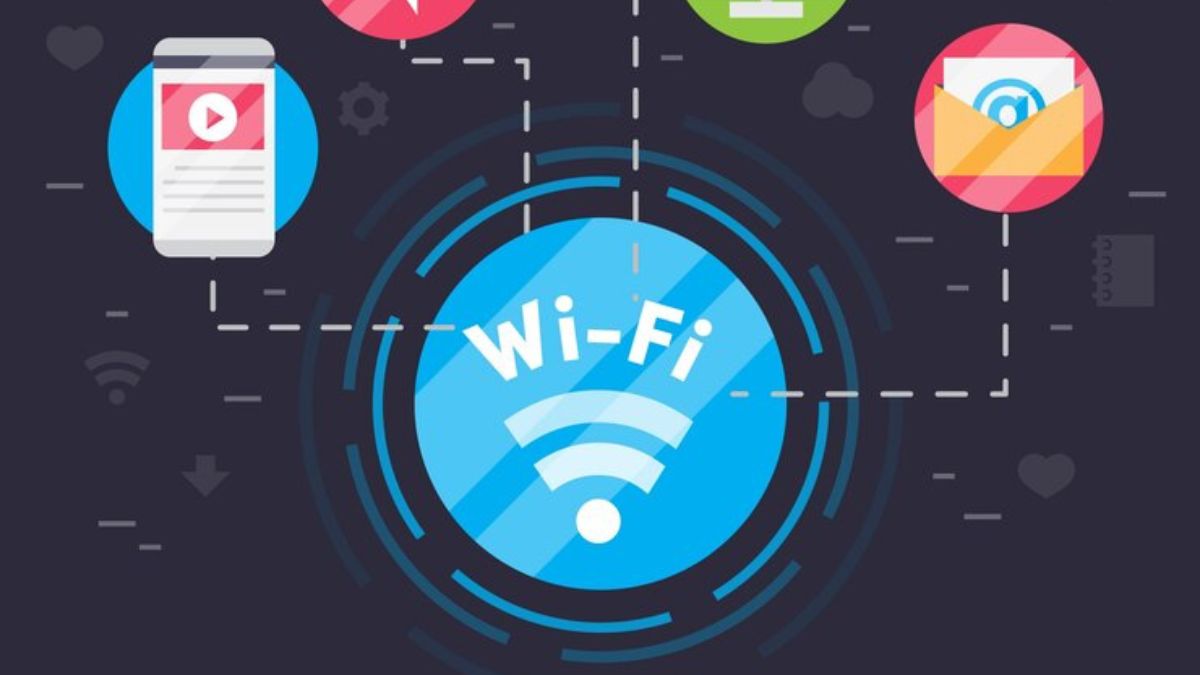But what if I told you that understanding localhost connections, particularly 127.0.0.1:62893, could unlock a whole new level of web development for you? Whether you’re a budding developer or an experienced programmer, grasping how these connections work can significantly enhance your workflow.
Imagine being able to test your applications in a safe environment without any risk of external interference! That’s precisely what localhost offers—a personal playground where developers can experiment freely. Join me as we delve deeper into the fascinating world of 127.0.0.1:62893 and discover its nuances, benefits, and practical applications in today’s digital landscape.
What is 127.0.0.1:62893?
127.0.0.1:62893 is a specific address that plays a crucial role in networking and web development.
The number 127.0.0.1 refers to the localhost, which is essentially your own computer or device on the network. It acts as a loopback interface, allowing you to communicate with your machine without needing an external connection.
The port number, 62893, indicates a particular channel or endpoint through which data can be sent and received on this localhost connection.
When using this format for testing applications, developers can simulate how their software behaves in real-time conditions without exposing it to the broader internet.
This setup enhances security while offering flexibility during the development process by isolating tasks within one’s own environment while still maintaining functionality similar to live servers.
How Does Localhost Work?
Localhost operates as a virtual server that runs on your own machine. When you enter an address like 127.0.0.1:62893 in your web browser, it directs the request to this local server instead of an external one.
The IP address 127.0.0.1 is a loopback address, meaning it points back to the device you’re using. This allows for testing and development without needing internet access.
When you set up a service or application locally, it listens on specific ports—in this case, port 62893—which facilitates communication between applications running on the same machine.
This setup ensures faster response times during development since there’s no network lag involved with reaching out to remote servers. It creates an efficient environment for developers to test changes quickly and effectively before deployment.
Benefits of Using Localhost for Web Development
Localhost serves as a developer’s best friend. It provides a safe environment to build and test applications without the risk of public exposure.
Speed is one major advantage. Accessing files directly on your machine eliminates latency issues associated with remote servers. This means faster load times and immediate feedback during development.
You also gain full control over your testing environment. You can configure server settings, install any needed software, or experiment with various frameworks without affecting live sites.
Additionally, using localhost reduces costs significantly. There’s no need for hosting fees while you’re developing your project.
Debugging becomes more straightforward in this isolated space too; errors are easier to pinpoint when you’re working locally.
It allows for seamless collaboration among team members who can easily share their work through local networks before pushing changes to production environments.
Common Uses of 127.0.0.1:62893
127.0.0.1:62893 is often utilized by developers during web application testing. It acts as a reliable sandbox environment where applications can be launched without affecting live data.
Many local servers, such as XAMPP or WAMP, leverage this IP address for their default settings. This allows developers to run PHP scripts and test databases seamlessly on their machines.
In addition, 127.0.0.1:62893 serves as an essential tool for debugging purposes. Developers can check how various components interact in real-time without any external interference.
Another common usage is the configuration of APIs for local development environments, enabling programmers to develop and test features before deployment.
It proves invaluable in learning scenarios where students experiment with coding languages or frameworks safely away from production systems.
Troubleshooting Localhost Connection Issues
Troubleshooting localhost connection issues can be frustrating. However, several steps can help you pinpoint the problem.
Start by checking your server settings. Ensure that your local web server is running and listening on the correct port—like 62893 in this case. A simple restart of the service may resolve minor glitches.
Next, inspect firewall settings or antivirus software. Sometimes these security tools block localhost connections without warning. Temporarily disabling them might reveal if they are causing the issue.
Network configurations also deserve attention. Verify that you’re using the right IP address (127.0.0.1) to access your local resources.
If all else fails, consult log files for error messages or clues about what’s going wrong with your connection attempts.
These troubleshooting tips should guide you toward a resolution when dealing with localhost connectivity problems.
Conclusion:
Understanding localhost connections, especially through an address like 127.0.0.1:62893, opens up a world of opportunities for developers and tech enthusiasts alike.
It’s fascinating how this seemingly simple IP address serves as a gateway to testing applications without the complexities of external servers. The ability to run multiple instances locally is invaluable in today’s fast-paced development environment.
Whether you’re troubleshooting or simply experimenting with new ideas, localhost provides a safe sandbox for innovation.
Delving into its benefits reveals not just convenience but also efficiency. It allows developers to refine their craft while minimizing risks associated with online deployments.
As technology continues evolving, grasping concepts around local connections becomes ever more crucial for anyone looking to make their mark in coding and web development. Embracing these tools can enhance your workflow significantly and lead to greater success in your projects.
FAQ’s
What is the purpose of 127.0.0.1:62893?
The IP address 127.0.0.1 refers to your local machine, often called localhost or loopback address. The port number 62893 typically identifies a specific application or service running on your computer.
Why use localhost for development?
Using localhost allows developers to test applications in a safe environment without exposing them to the public internet. It simplifies debugging and testing processes.
Can I access my localhost from another device?
No, 127.0.0.1 can only be accessed from the same machine it’s hosted on because it’s a loopback address meant for internal communication.











